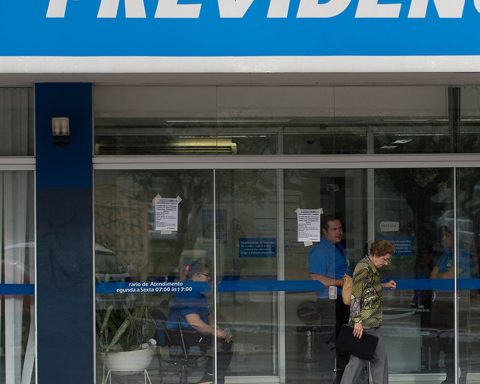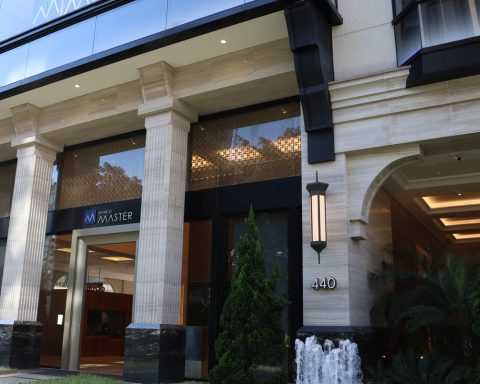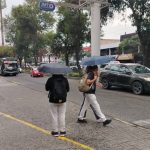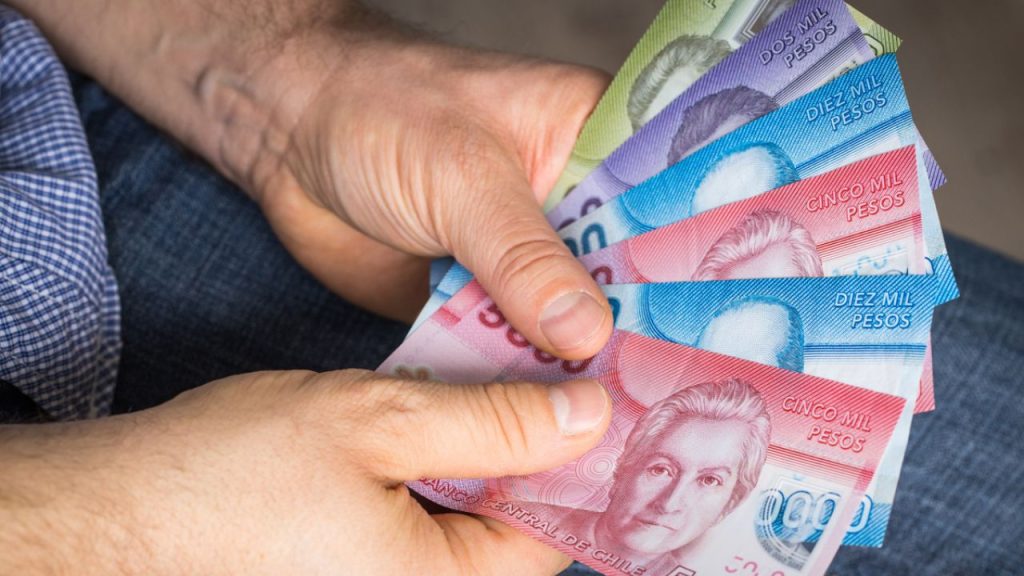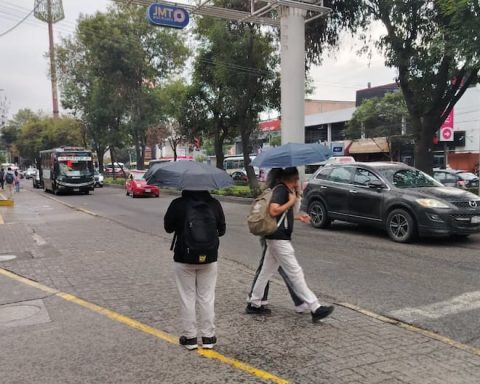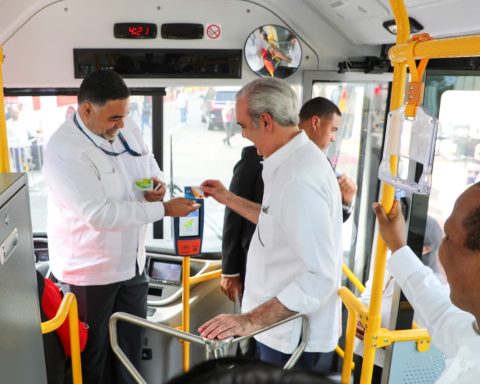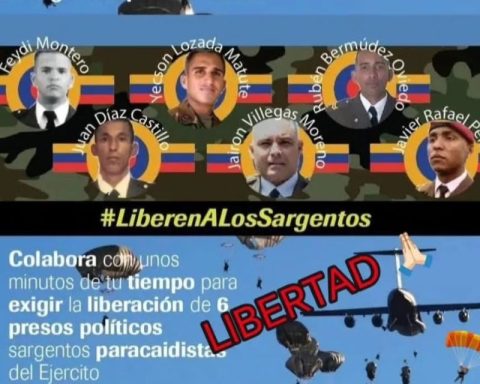Sônia Pavão doesn’t need to travel to the city or call a drugstore when she needs medicine. She just needs to take a few steps and go to the forest around her house to pick up the medicine she needs. “This is my pharmacy,” she explains, while showing the plant species of the cerrado and their traditional medicinal uses.
She has accumulated years of knowledge, learned from the teachers of her people, the Guaranis (Nhandevas and Kaiowás) of Mato Grosso do Sul. Her home and “medicinal backyard” are located in the Tapyi Kora indigenous reserve, officially known as Limão Verde, where the pharmacy is used to cure the most diverse ailments, of the body and spirit.
She did not have an easy childhood, becoming an orphan at the age of 4 after her parents were murdered. But fate did not stop Sônia from being determined to learn and complete the various stages of her formal education and graduate with a degree in natural sciences from the Intercultural Indigenous Faculty (Faind) of the Federal University of Grande Dourados (UFGD).
And it was at Faind/UFGD itself that Sônia decided to combine her traditional knowledge with academic research. The result was a master’s degree in which she wrote a dissertation on traditional Guarani and Kaiowá knowledge, as sources of autonomy, sustainability and resistance.
“This experience, this practice, which was isolated in our communities, is now coming out, it is inside the university”, says Sônia, in the shade of one of the dozens of trees planted in her garden.
A walk through campus The main building of the Federal University of Grande Dourados (UFGD) is enough to make you realize that this is not just any higher education institution. The first sign that there is something different is a huge building made entirely of tree trunks and thatch.
Signs and banners written in a language that most Brazilians cannot understand are another sign. Perhaps, if you pay attention to conversations between students, you will notice that this same language is being used in the dialogue.
You will be sure that UFGD is a unique institution when you read the acronym Faind, at the entrance to one of the blocks. It is the Faculdade Intercultural Indígena, a unit focused especially on teaching and researching subjects related to the indigenous peoples of Brazil.
The student body there is made up mostly of indigenous ethnic groups from Mato Grosso do Sul, which total more than 116,000 people, just over 4% of the state’s total population. The language that is incomprehensible to most Brazilians is Guarani, spoken by the Kaiowá and Nhandeva ethnic groups, who, together with the Terena, are the people who traditionally inhabit the Dourados region. The immense thatched construction is a Oga Pysya traditional Guarani Prayer House.
One of Faind’s courses is called teko arandu, in the Guarani language, which can be translated as “living with wisdom”, which is an intercultural degree aimed at training indigenous teachers.
The Teko Arandu undergraduate program, which is celebrating its 18th anniversary this year, was the genesis of the creation of Faind, which also offers a degree in “rural education” and a postgraduate program in “education and territorialities”. This semester, the program is already holding a selection process for a new undergraduate course: “indigenous intercultural pedagogy”.
But indigenous people are not restricted to Faind courses. They are spread across courses and postgraduate programs at other UFGD units and already total 800 students, that is, about 15% of the almost 6,000 enrolled at the federal university. Sônia herself is studying for a doctorate in the postgraduate program in geography.
Knowledge exchange
For the rector of UFGD, Jones Goettert, the presence of indigenous students and researchers is enriching for the university and makes the academy itself reflect on the relationship between science and other knowledge.
“Guarani, Kaiowá and Terena knowledge is a knowledge that is similar to but also distant from ours. We need to make this knowledge dismantle ours. And this dismantling happens by learning concepts, themes and words to make our science participate in these other concepts”, says Goettert.
Faind, for example, is already trying to adapt its academic calendar and facilities to the reality of its students. The courses at the unit are offered in the “pedagogy of alternation” format, in which part of the time the students, many from villages far from the university, attend classes at the campus from UFGD and in another part it is the teachers who travel to the students’ territories.
In the periods in which they are in campusstudents who live far away can stay in university accommodation and even bring their family to be with them, something that is important for Guarani mothers, who need to be accompanied by their children.
While the mothers attend classes, the children spend their time in a playroom, under the supervision of an employee who is also indigenous. In addition, the ethnic groups have the right to invite “prayers” (commonly known as shamans) to administer religious rituals in the Oga Pysy installed inside the campus.
“The university becomes a second house of prayer for us. Today we have many holders of Guarani Kaiowá knowledge within the university and the professors [da universidade] have access to our knowledge”, highlights Sônia.
Trip
This year, three indigenous doctoral students from UFGD were selected for a six-month exchange project in France. Indigenous students from 11 Brazilian universities applied for scholarships under the Guatá program, run by the French embassy in Brazil, and UFGD had three of the eight selected.
The University of Dourados was the institution with the highest number of students approved in the program, followed by the University of São Paulo (USP) and the State University of Campinas (Unicamp), both with two students, and the University of Brasília (UnB), with one.
“This allows these indigenous students to have experiences outside of Brazil that they would otherwise have difficulty having. In addition, being abroad gives indigenous students visibility and they also take with them the collective history of that people. So it is an opportunity to increase visibility.” [do povo] and, with that, legitimize the existence of languages, cultural practices and, of course, also their claim to territory”, explains professor Matheus de Carvalho Hernandez, coordinator of the UFGD International Affairs Office.
*The team at Brazil Agency traveled at the invitation of the French Embassy in Brazil.



